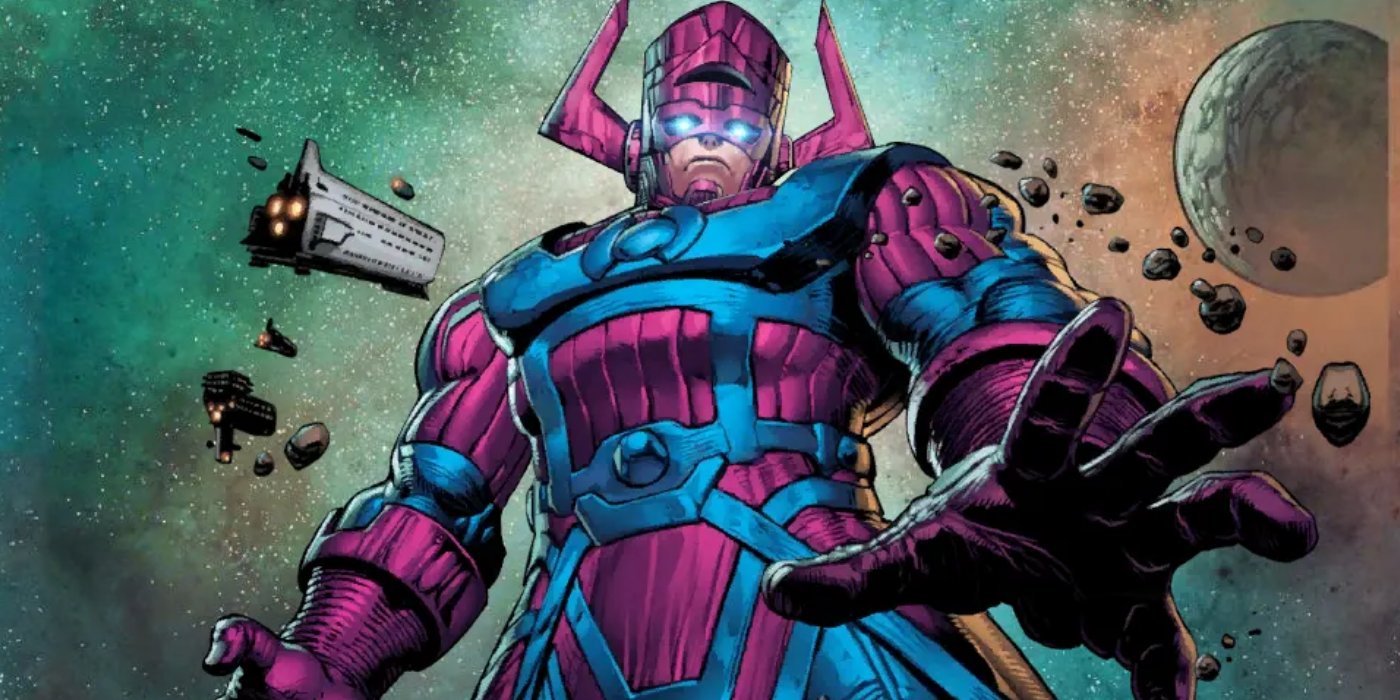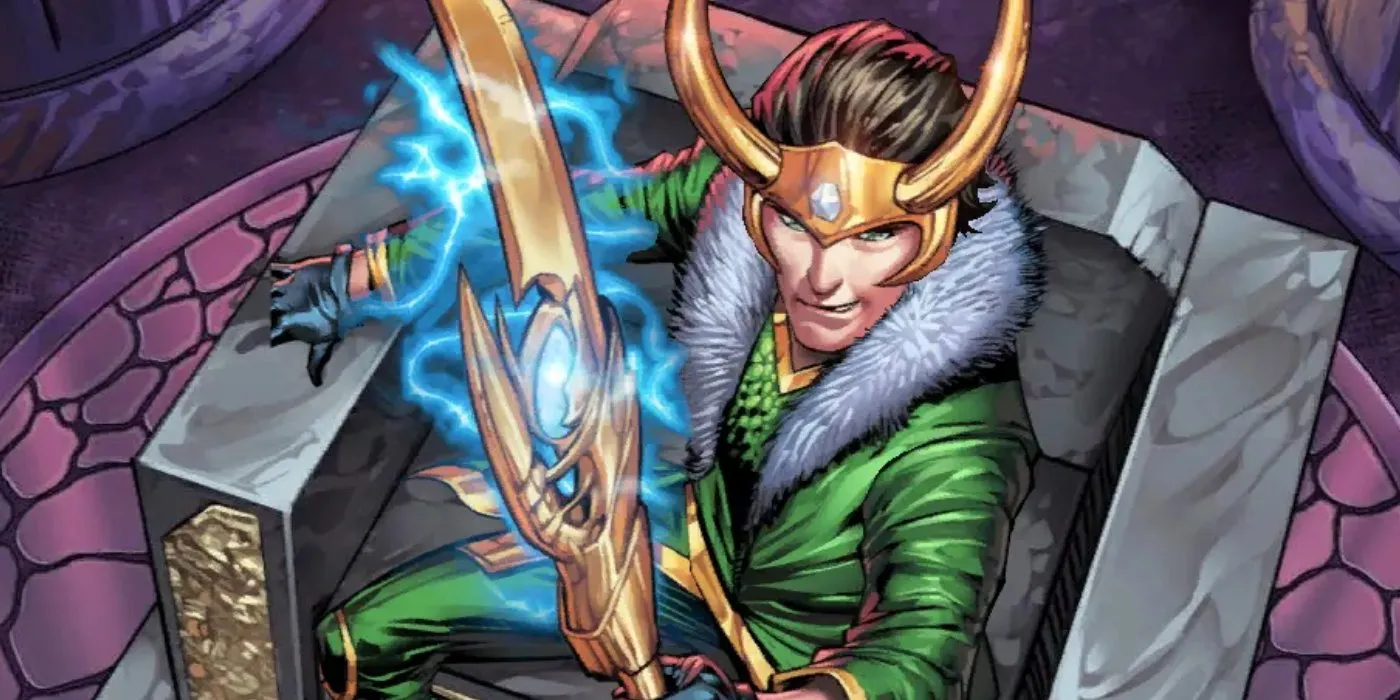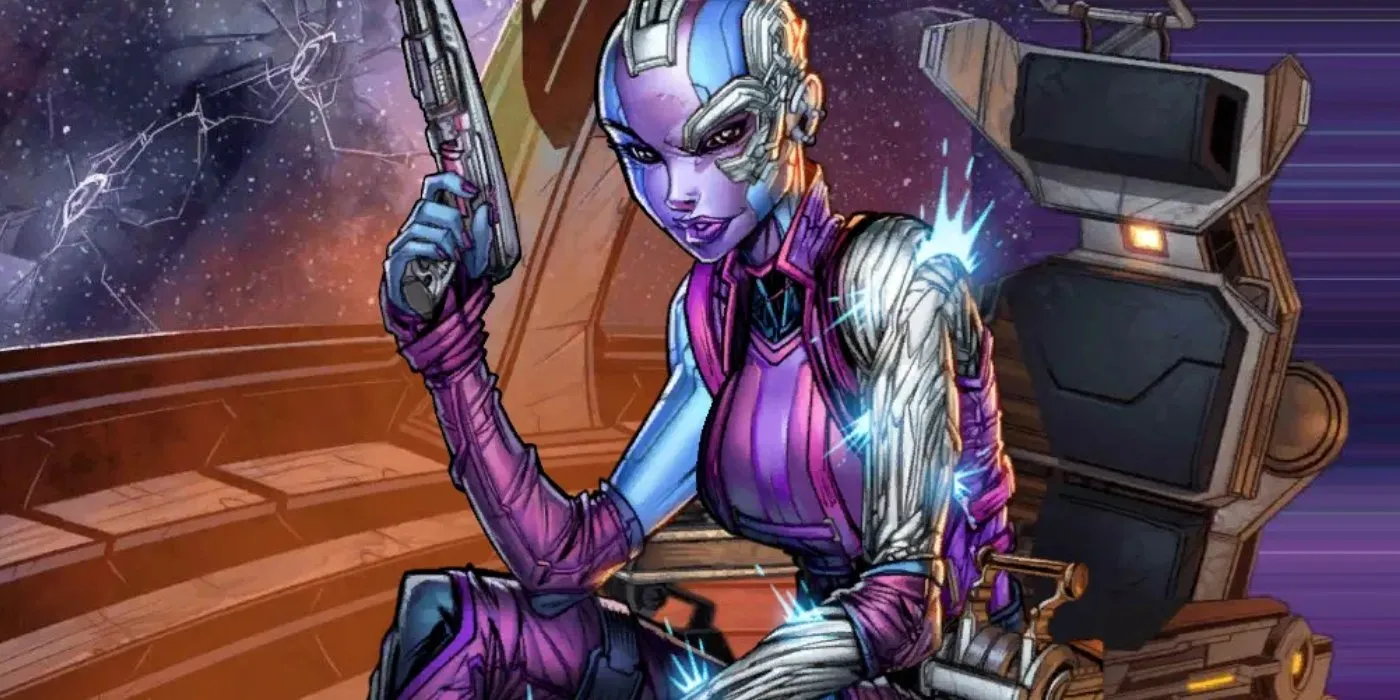Several balance changes are coming to Marvel Snap in an OTA game update. Here's what's changing:
Card Change Details
Quote From Second Dinner Welcome to another OTA. We're locking in the changes below with both the release of Mobius M. Mobius and next week's patch on the horizon, so we're making fewer reactionary changes to what's happening live. We do have one solid nerf aimed at the resurgent Devourer of Worlds, but the rest of these adjustments are maneuvering a few game pieces into the right places for other upcoming content.Galactus
- [Old] 6/7 - On Reveal: If you're winning this location and this is your only card here, destroy all other locations.
- [Change] 6/7 -> 6/5
We expected Alioth to find a fast home in Galactus decks, which wasn't a problem in and of itself. Exciting new cards shouldn't hit the cutting room floor because existing cards might like them too much, especially if that card is Galactus–the whole reason we reworked him was to give us a knob that could rein him in. Given his metrics spiked well outside our acceptable range for over a week, we're taking a harder line with this change than usual based on the impact we need. We liked Galactus right where he was before Alioth, so that's our target range for his performance.Kitty Pryde
- [Old] 1/2 - When this returns to your hand, +1 Power. Returns at the start of each turn.
- [Change] 1/2 -> 1/0
Kitty has been places. She's seen things. And it's been a fun ride! Kitty was an integral player in the metagame's best deck at least four different times, and each of those decks was meaningfully distinct from the rest. That's a pretty rare feat, and speaks to her raw strength as a card that both eats excess Energy and has cool mini-combos, like Angela and Hulkbuster. However, as we continue to make similar synergies, we want other cards to get their opportunities to compete with Kitty. This change is a little preemptive, as we expect Kitty would be too strong in October without it, and we'll likely continue to explore different executions of Kitty for a future patch.Psylocke
- [Old] 2/1 - On Reveal: Next turn, you get +1 Energy.
- [Change] 2/1 -> 2/2
We've had this change internally for a while, but we wanted to wait and see how the dust settled on some of the live decks that play with Energy ramp and Cost reduction. We hope Psylocke can eventually join the Electro/Magik/Wave crowd as another common way to push for big plays. Ideally she maintains a distinct identity from those options as a 2-Cost card that offers different curves and deck design opportunities.Squirrel Girl
- [Old] 1/1 - On Reveal: Add a 1-Power Squirrel to each other location.
- [Change] 1/1 -> 1/2
Like Mysterio and Shanna, Squirrel Girl's total power has been on the low side for how much space she takes up among your locations. She's largely been confined to supporting early Ka-Zar decks for new players and Death-based decks in competitive play. We're glad to have her continue on in both of those roles, but she's a fun and appealing enough card to give a little bit more Power to see if she can find more homes. She's been acting pretty spooky since this change, though–you should be careful walking through Central Park next month.Snowguard
Snowguard Hawk
- [Old] 2/3 - On Reveal: Ignore all location abilities until the end of next turn (or the game).
- [Change] 2/3 -> 3/3
Snowguard Bear
- [Old] 2/3 - On Reveal: Trigger the effect of this location.
- [Change] 2/3 -> 3/4
We're happy that Snowguard's rework brought her in from the cold. However, the bulk of her strength has proven to be in concert with Loki and The Collector, where the extra cards she generates are the primary reward and the auroras are secondary. We don't mind that much–the auroras are situational themselves–but they don't need to be so efficient in that case, either. The Bear is gaining more Power because his effect has proven by far the weaker of the two. This change is the first of a larger series of adjustments you'll see go live in next week's patch, as we shift the Cost and Power of several small cards that add cards to your hand to get a more diverse spread of enticing options for different goals and playstyles.




Comments
I'm personally done spending any money in this game. The game is made less and less affordable with each change to the game's economy, and then changes to cards you spent 6k tokens on yield no compensation. This greedy cash grab of a gotch ya game won't get my financial support any longer.
i stopped to spend money as well
I don't see it that critically. The Spotlight Cache changes might have been controversial, but I think it's a good change. Not only do I get more than 1 new card a month with it (compared to before). While chasing cards I do want, I also get cards that I would have never purchased with Tokens and I still have fun experimenting with them. I guess the main thing people dislike is that you have less control over what cards you get, but I think that's the great thing about it.
The living Tribunal for example was seen as a generally bad card on release, so many people didn't purchase him with Tokens. Then he was in the Spotlight Cache rotation together with Jean grey, which many people wanted (and ironically turned out to be pretty meh), so naturally many people also got the living Tribunal and more people played with it. And it turned out: he's actually pretty good and a lot of fun on top of it. Hell, I even reached Infinite and won an infinite conquest with him. All of that didn't happen when he released under the old system.
As for the balance changes: I see where people are coming from, but I don't have a problem with it. Sure, it never feels good when cards you own get nerfed, but what's the alternative? Not nerfing strategies that are too good? Or even worse: not nerfing cards with big synergy potential that are indivitually so good that they are still played in a variaty of strategies, even if the card has nothing to do with it. Not doing either of that is the perfect recipe for extremely fast powercreep.
I've also seen people complain about them nerfing old instead of new cards when it comes to problematic strategies. Sure marketing, money etc. may or may not have something do with that. Neither of us can do anything other than guessing on that part. But it still seems reasonably to me from a player/meta perspective. Nerfing cards generally discourage people from experimenting with them and I'd rather have people experiment less with old cards (that people already experimented with a ton), than with new cards.
Take the controversial recent Collector nerf for example: Collector was nerfed specifically because of its synergie with Loki, which was released only a week before the nerf. They could have given Loki the -2 power nerf instead of the collector and the decks strength would still roughly be where it is today, but it would also ensure that Loki would never find a place in any deck that does not involve the collector. I don't want to discuss how succesfull this specific change was, but rather the idea, the concept behind it.
Lastly, and that's really nothing against you, but I don't like how inflationary the term "cash crab" has become. A cash crab describes a game that was cheaply made for the sole purpose of making money and that's usually following a current hype. Take the thousends of Battle Royale games that suddenly appeared during the big hype for example. Usually made within just a couple months using mostly existing, purchased, or quickly made assets and then abondend a few months after release to start working on the next game. There's even a whole genre for that on the mobile market called "hyper casual games" with companies that are releasing multiple games a month, sometimes even per week, in the hopes to make the next Flappy Bird. Not agreeing with a monetization does not make a game automatically a cash crab.
I know that this is a lot of text and I don't blame you or anyone else for not reading through all of this. It's just that these thoughts have been in my mind for a while now and for some reason I get especially "talky" after I wake up.
I completely agree! When you look at it objectively, every iteration of their economic system has been a notable improvement on their preceding model, and I think most of the complaints come from players who don't understand the underlying philosophy of Snap, and how it differs from previous digital card games. Snap is fundamentally a collection game, and while you can accelerate your progression a little bit by spending money, you mostly need to play the game to achieve higher levels of success.
Snap is also unparalleled in its balance passes: which other company would commit to regular patches 3 weeks out of 4? And these include nerfs to overperforming cards AND buffs to underutilized ones. Snowguard is a perfect example: it went from unpredictable and useless to a format staple!
Also, to the original poster complaining about not receiving compensation for a changed card: have you never read the warning that appears when you purchase a card with tokens? It clearly states that you will not receive any refunds for any modification which might occur later on.